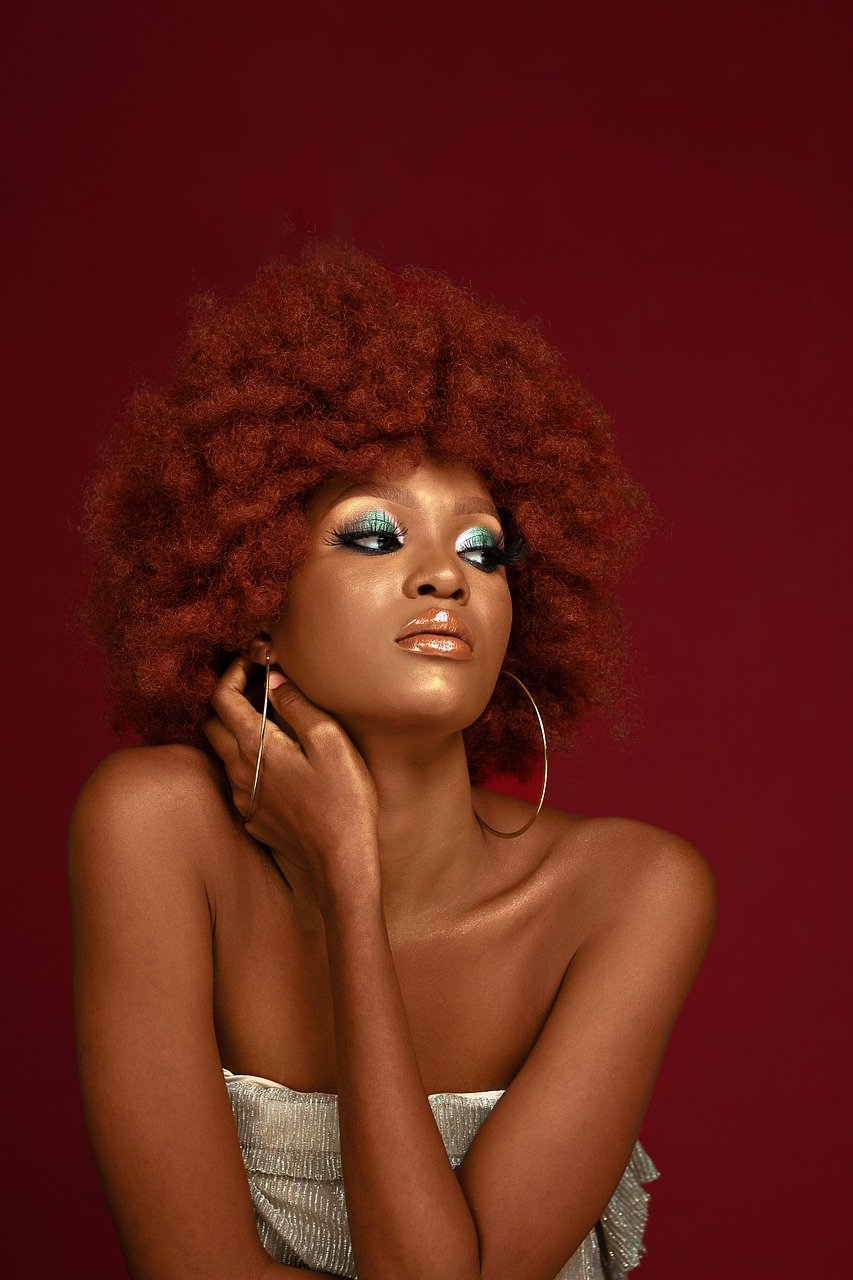Natural hair is glorious, powerful, and versatile; but for far too long, it has been misunderstood, even among those who wear it. A combination of kitchen beauty tips and handed-down myths continues to influence how Black women treat their natural hair and the attitudes they hold. The truth? Several of these misconceptions block us from realizing the full potential of our crowns.
The time come for Black women who pursue natural hair care to reject these ten mistaken beliefs about natural hair.

1. Natural Hair Doesn’t Grow
One of the most common misconceptions is that Black women’s hair does not grow. What a lie! All hair types grow at the same rate but tightly coiled hair types break and shrink more quickly thus making it seem like they do not grow. The right care routine which includes ensuring hair is properly moistured and wearing protective styling such as braided mohawk and boho braids, along with minimal manipulation allows natural hair to reach its full length and stay healthy.
________________________________________
2. You Have to Be Mixed to Have “Good Hair”
“Good hair” is a deeply rooted term that reinforces colorism and texturism within the Black community. All hair types that are healthy qualify as good hair regardless of their texture. Your hair deserves the same care no matter if it is 3C curls or 4C coils because then it will be good.
________________________________________
3. 4C Hair Can’t Be Managed
The belief that tightly coiled hair types need excessive care is completely wrong. With proper care 4C hair becomes just as easy to manage as other hair types. Regular deep conditioning combined with careful detangling and porosity awareness will bring outstanding results to your hair.
________________________________________
4. Natural Hair Is Unprofessional
Natural hair faces discrimination because of systemic racism along with eurocentric beauty standards that consider it unprofessional. The CROWN Act together with other initiatives currently work to combat this form of discrimination. Natural hair styles such as twist-outs afros and braids have no reason to prevent you from attending your workplace meeting with assurance.
________________________________________
5. You Should Grease Your Scalp
Multiple generations of Black women received petroleum-based scalp grease applications from their mothers and maternal aunts. The practice of blocking your pores through greasing will result in scalp dryness combined with product accumulation. Your scalp needs the lightweight nourishment of jojoba or tea tree oil to avoid suffocation.
________________________________________
6. Shrinkage Is a Bad Thing
The shrinking of your hair indicates both health and proper moisture maintenance. Your curls have elastic properties because they retain moisture which demonstrates their ability to stretch. Shrinkage represents one of the multiple ways your hair demonstrates its versatility and strength so you should learn to love it.
________________________________________
7. You Must Protective Style Year-Round
The practice of wearing protective styles such as braids and twists helps protect length, but continuous usage creates edge damage. However, it is not a must that you do protective styling throughout the year. Natural hair requires intervals for it to receive oxygen. The key to success lies in finding equilibrium between protective styles and your hair’s natural state.
________________________________________
8. Co-Washing Is Enough
Washing your hair with conditioner only (co-washing) helps maintain moisture but it does not effectively clean the scalp area. You require shampooing with a sulfate-free cleanser to clear out scalp buildup and protect your scalp health.
________________________________________
9. Trimming Makes Hair Grow Faster
Cutting your hair ends will prevent damage and split ends which allows your hair to keep its length but it will not accelerate hair growth. Your hair will appear and feel its best when you get trims every 8 to 12 weeks.
________________________________________
10. You Have to Do the “Big Chop”
The big chop brings empowerment to many women but it stands as only one of the natural hair transformation methods. Your hair will reach its natural state through the process of trimming damaged ends gradually throughout time. Select a path which aligns with your personal comfort level together with your daily life.
________________________________________
Final Thoughts
Natural hair represents a path toward self-acceptance and knowledge discovery. Black women who reject outdated hair myths can fully celebrate the natural beauty of their diverse hair textures. All types of natural hair from TWA to locs and bomb twist-outs hold validity and power while being beautiful in every way.
